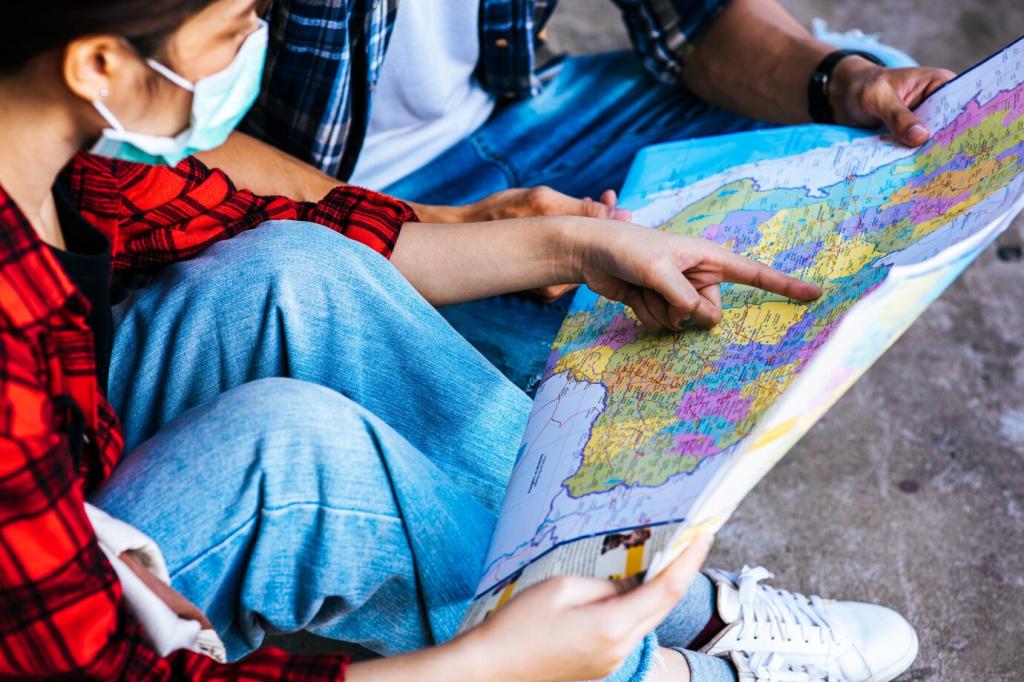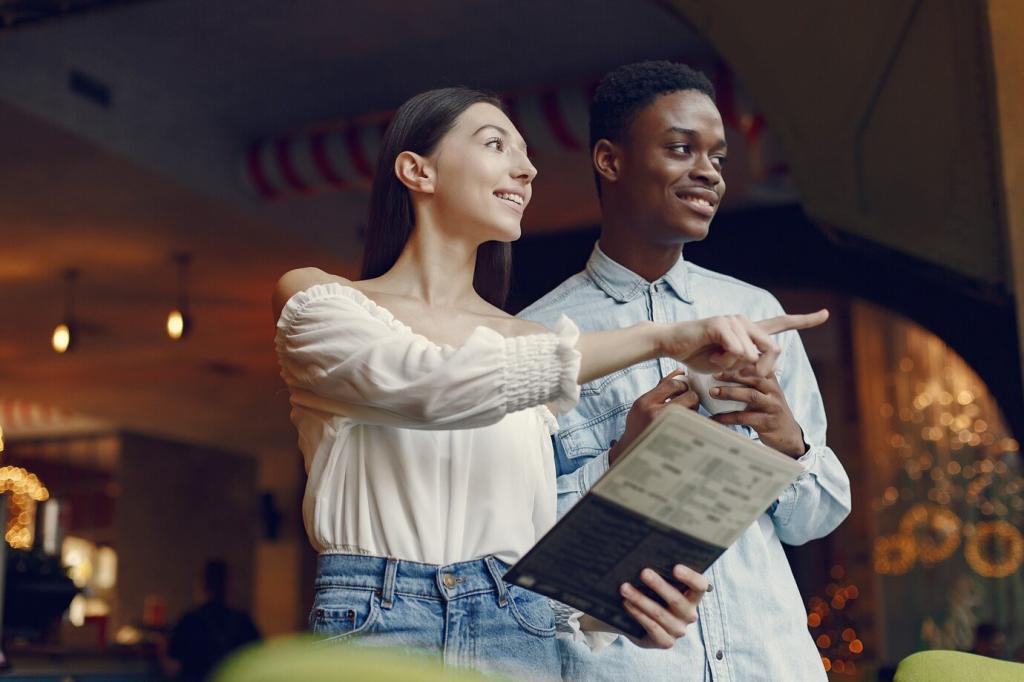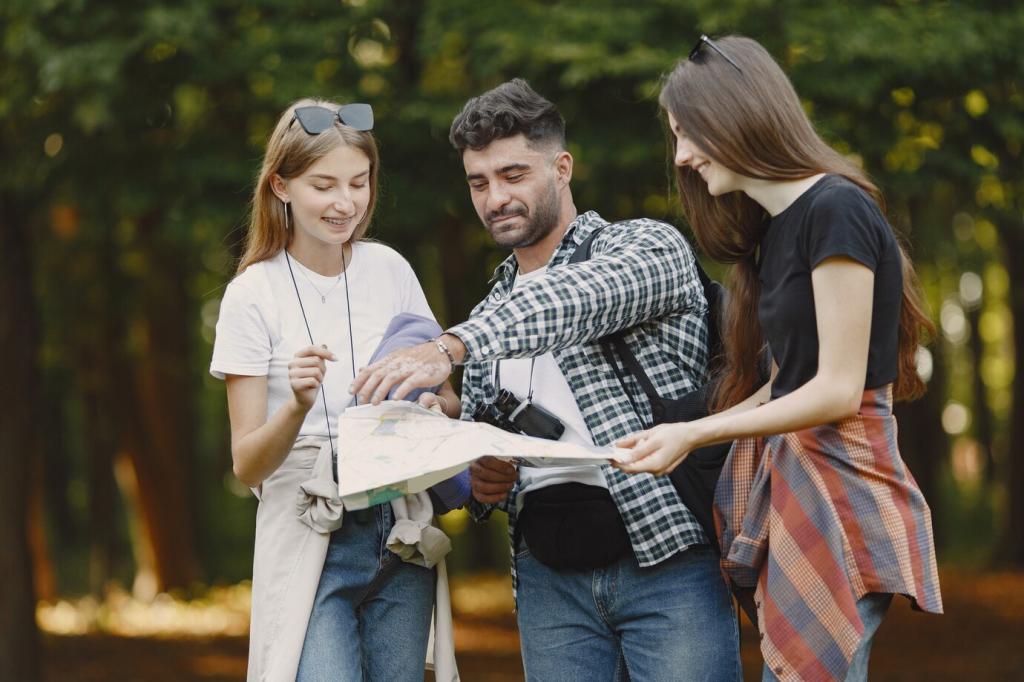
Effective Cross-Cultural Communication for Tour Guides
Chosen theme: Effective Cross-Cultural Communication for Tour Guides. Welcome to a friendly space where guides learn to connect hearts across borders, turn differences into dialogue, and craft unforgettable journeys. Subscribe and share your stories—your voice will help shape a more understanding world.

Slow your pace, simplify vocabulary, and avoid idioms that confuse. Pause for comprehension checks and invite questions. Respect intelligence while supporting language diversity, so guests feel empowered rather than exposed when they need clarification.
Language, Tone, and Nonverbal Signals
Inclusive Group Dynamics on Multicultural Tours
Open tours by agreeing on inclusive norms: respectful listening, punctuality with flexibility, and questions welcomed. Explaining the why behind rules—from safety to fairness—makes compliance feel collaborative rather than imposed.
Universal Themes, Local Heart
Focus on courage, family, ingenuity, and care for nature—threads that unite listeners. Then color stories with local details: a baker’s early dawn, a mason’s patient hands, a river’s quiet mood after rain.
Humor Without Lost in Translation
Avoid sarcasm and idioms that stumble across languages. Choose gentle, situational humor everyone can enjoy—shared travel mishaps, delightful coincidences, and light self-deprecation that humanizes you without undermining authority.
Sensory Bridges: Food, Music, and Craft
Invite guests to smell spices, touch textiles with permission, and notice rhythms from street musicians. Sensory storytelling transcends words, anchoring information in feelings that linger long after the tour.

Real-World Moments: Lessons from the Route
The Mismatched Meeting Point
A low-context group wanted exact directions; a high-context group expected flexibility. We recalibrated with a simple map, a visual landmark, and a timed buffer. The tension dissolved, and guests praised the clarity and care.


Ramadan and the Afternoon Lull
During Ramadan, energy dipped mid-afternoon. We swapped strenuous climbs for shaded storytelling, added quiet reflection time, and shifted meals. Guests felt respected, and even non-fasters appreciated the gentler rhythm.
Tools, Practice, and Lifelong Learning
Ask guests about accessibility needs, language preferences, and cultural interests. Use responses to tailor routes, pacing, and examples. Preparation shows care and transforms a standard tour into a personal experience.
